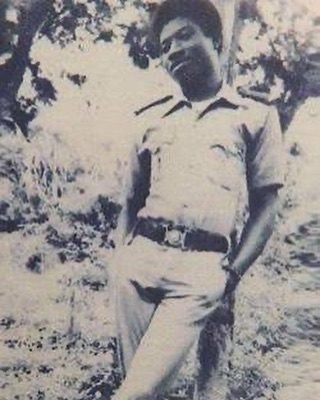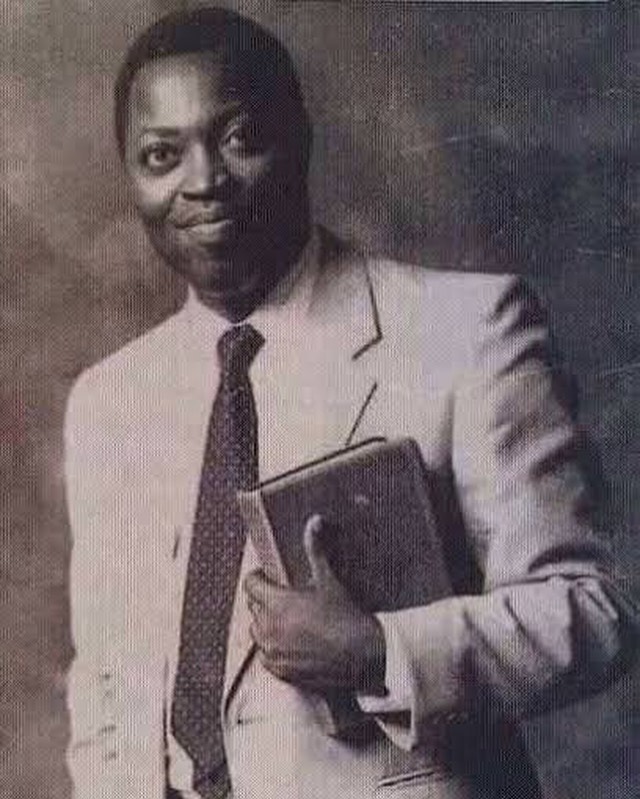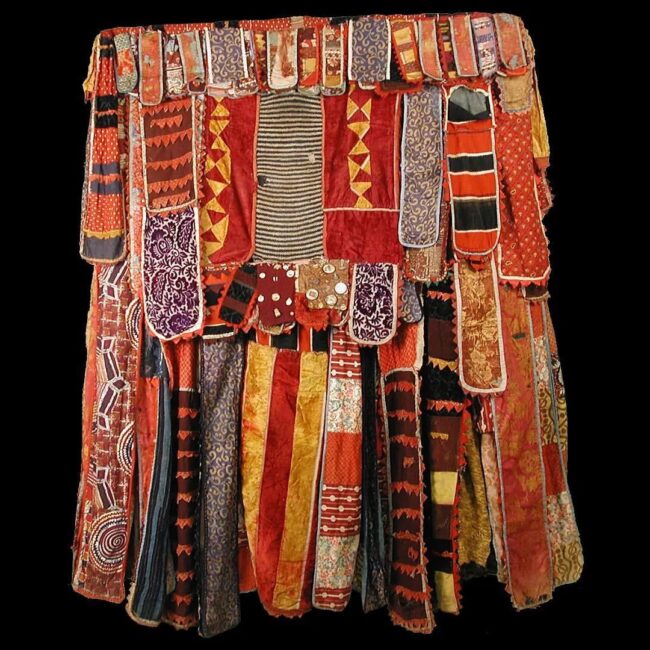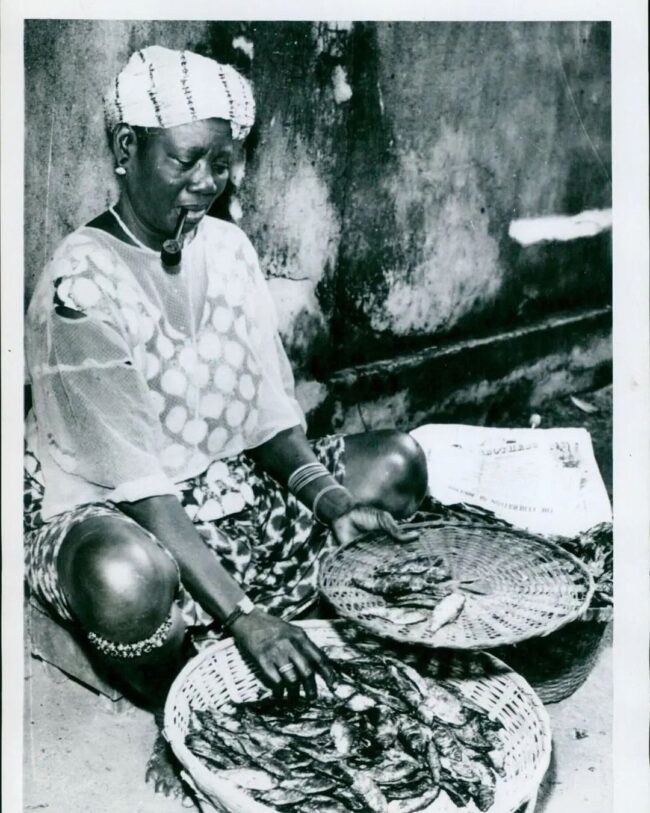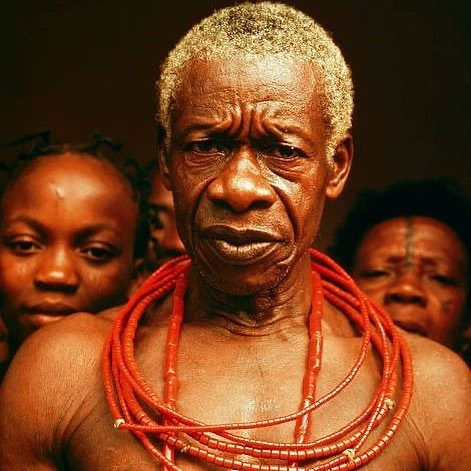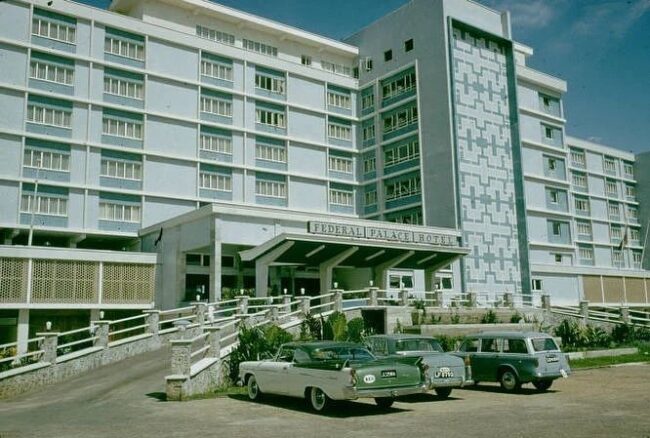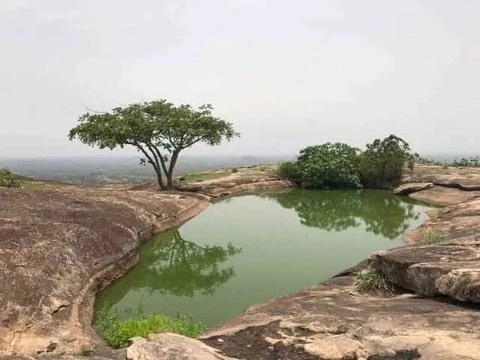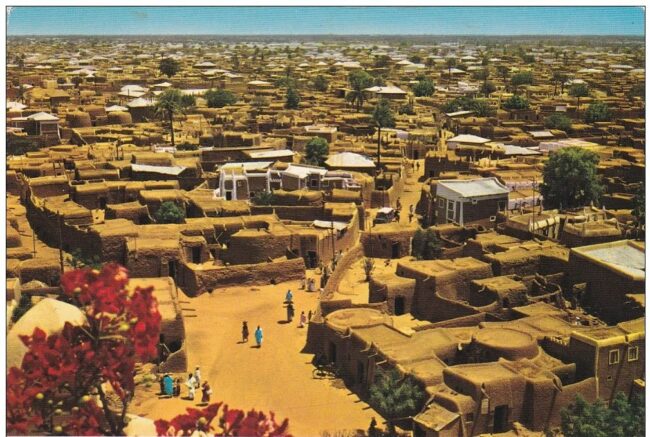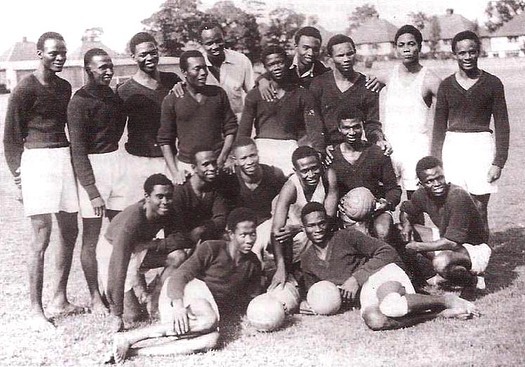Throwback Photo of President Ebele Jonathan Serving his Father Land
A young photo of Goodluck Ebele Jonathan, the former president of Nigeria. In this old photo from 1981, the president is seen attending Ebekun Secondary Commercial Grammar School in Iresi, Osun State, as a member of the youth corp. The president was a farmer’s son who also happened to be a boat manufacturer. Yes, he goes by Goodluck. This proves that everything is possible for us to accomplish if we set our minds to it.

